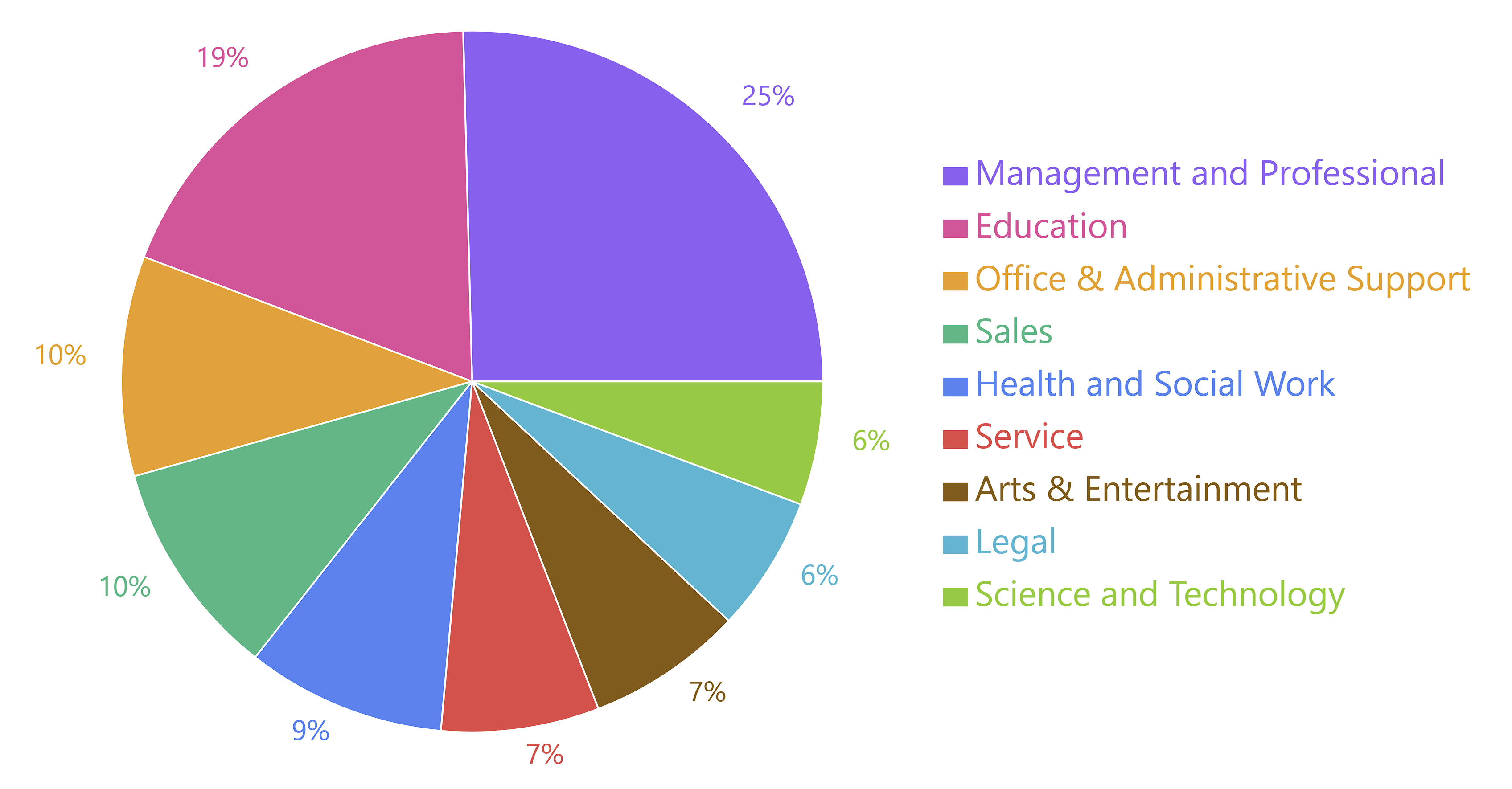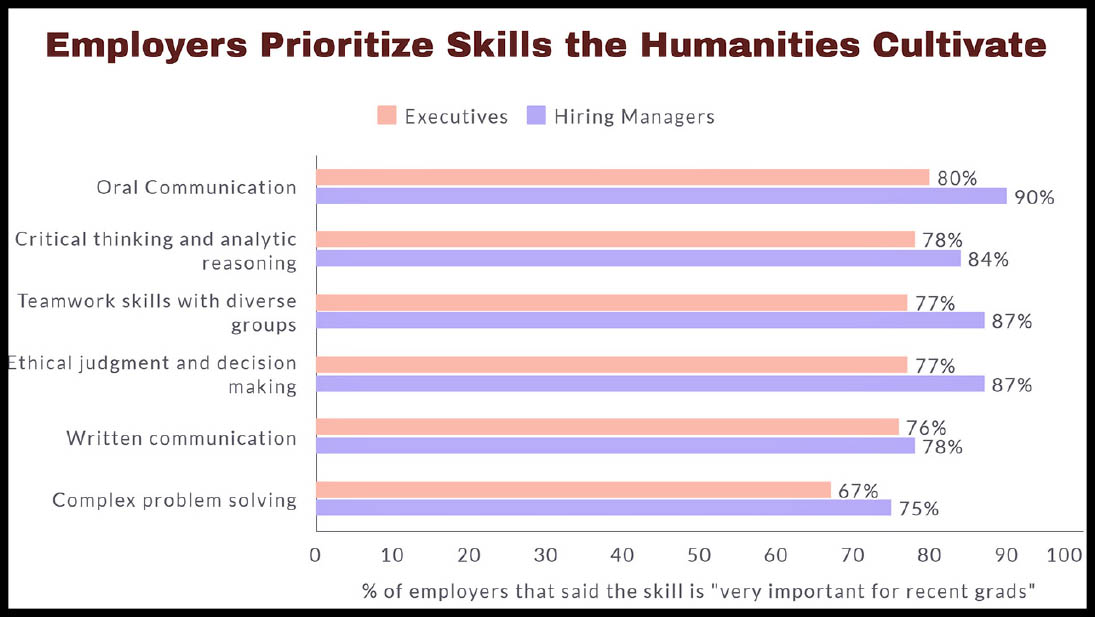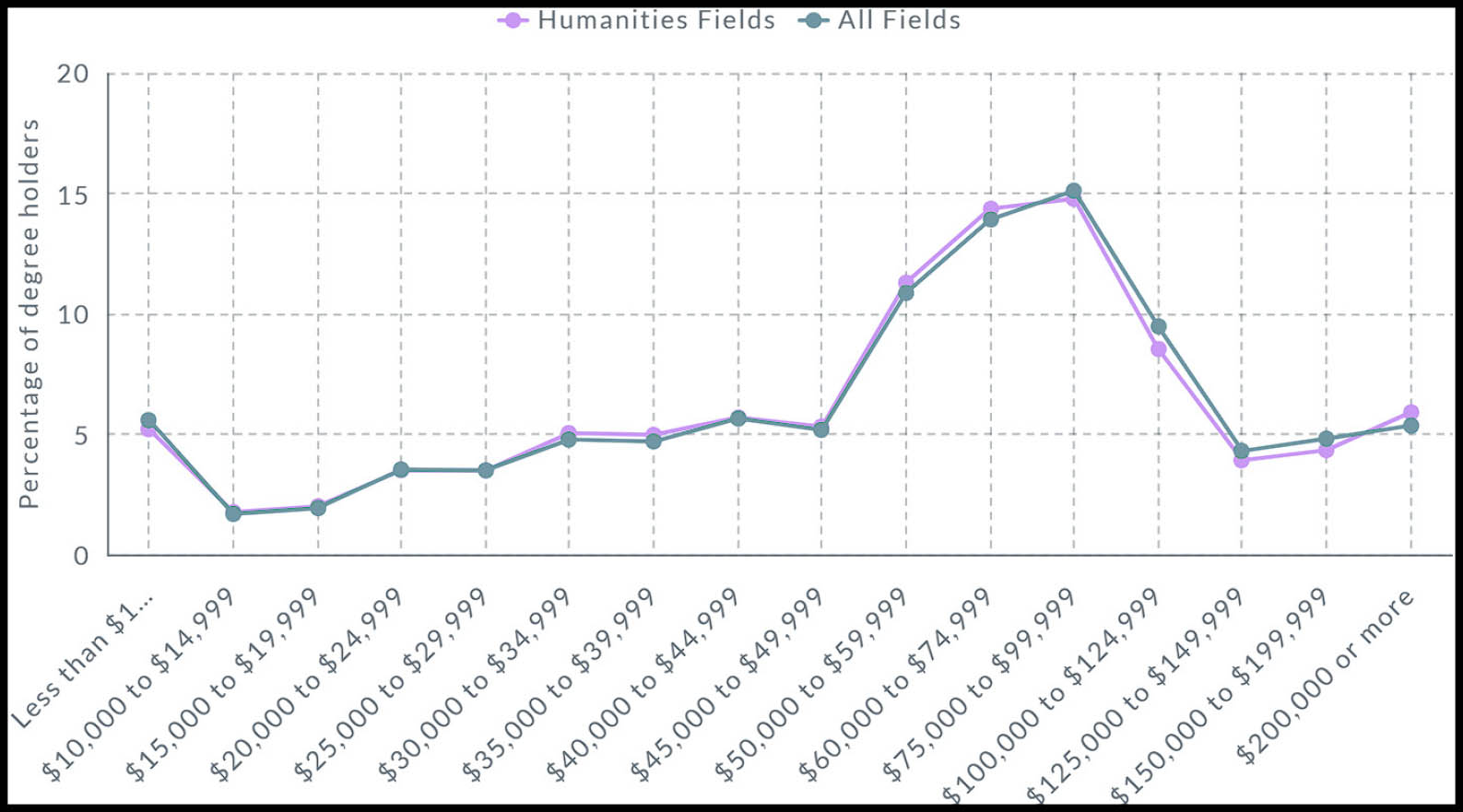Why Religion Matters
Since religious traditions are profound and widely influential, religious studies equips students to better understand their own lives and the world we share. Religion majors
- develop detailed knowledge of diverse societies,
- expand their capacity for critical, creative thinking, and
- explore their deepest commitments.
Because religion is an interdisciplinary field of study, it’s a great candidate for students pursuing a double major!
A Flexible Major
Majors complete 30 hours of religion courses with at least 3 hours in each of the following areas: 1) Western, 2) Asian or African, 3) issues and approaches. This allows students to develop a broad understanding of religion while exploring areas of particular interest.
What Can I Do With That?

Since religion majors receive a broad humanities education, they excel in a wide range of careers — from journalism and law to medicine, social work and education.
Compared with other majors, religion majors get into law and medical school at higher rates, and they get higher scores on the LSAT, MCAT and GMAT.
Employable Skills

Religion majors develop skills that employers value:
- communication,
- critical thinking,
- cultural awareness,
- creativity, and
- collaboration.
Religion majors have lower unemployment rates than engineering, chemistry and computer science majors!
A Great Investment

Religion majors earn 40 percent more than graduates with only a high school diploma, and their salaries are in line with other majors. Beyond its financial benefits, majoring in religion prepares students to actively contribute to society.
Vibrant and Broad
Since religion comes to life in theology, ritual, art, literature, politics, spirituality, and more, the religion major is vibrant and interdisciplinary.
By working with a wide range of methods, students develop a broad understanding of human societies, and they learn to address questions that are pressing today.
We'd Love to Hear From You!
For more information about the religion major, reach out any time to Dr. David Levenson: dlevenson@fsu.edu.
For information about the major in human rights and social justice (offered by the Department of Religion), contact Dr. Rosemary Kellison: rkellison@fsu.edu.
